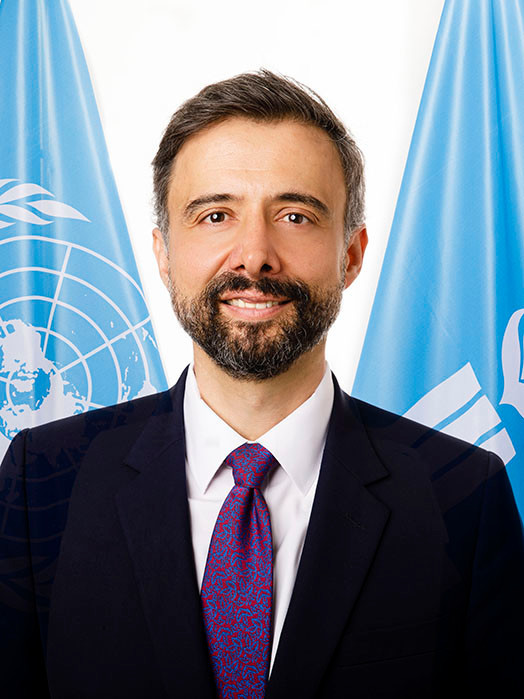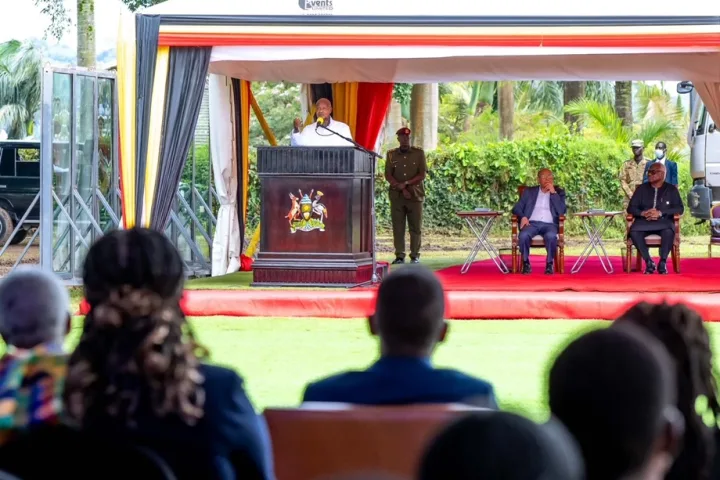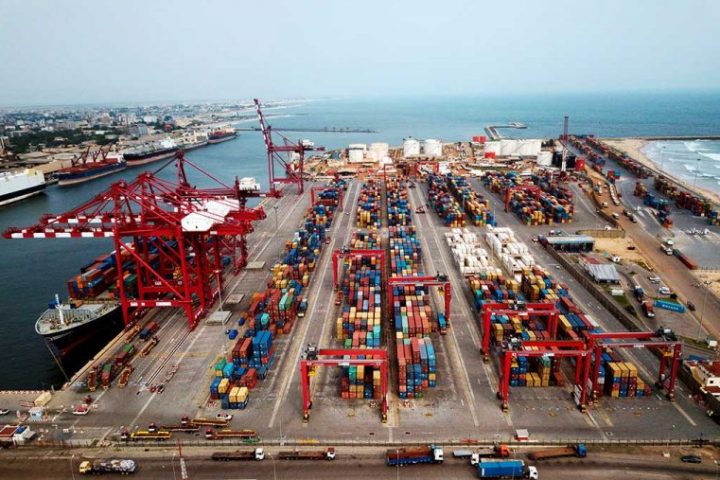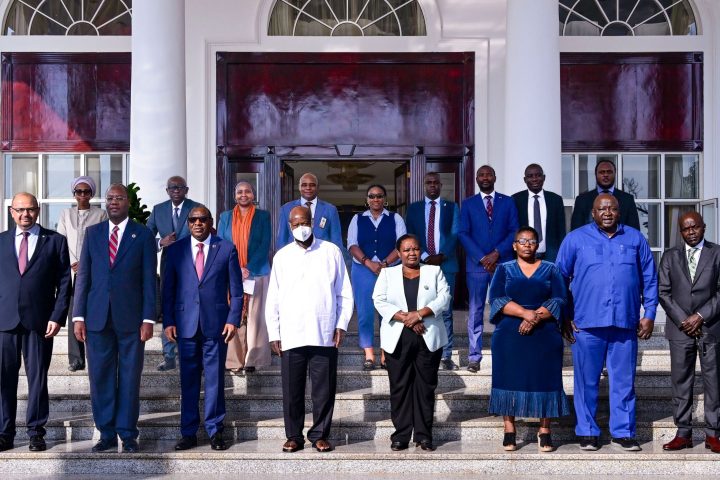Alvaro Lario, the President of the UN’s International Fund for Agricultural Development (IFAD), delivered a stark warning to the global community regarding the dire and irreversible consequences of the climate crisis on hunger and poverty.
As world leaders convene in New York for the annual United Nations General Assembly (UNGA), the focus this year extends beyond traditional diplomatic discussions.
Join our WhatsApp ChannelAccording to PRNewswire, the urgent need to rebuild trust and solidarity among nations takes center stage, alongside a critical mission to rescue the UN’s 2030 Agenda for Sustainable Development, particularly the Sustainable Development Goals (SDGs) aiming to eradicate Zero Hunger and Poverty.
READ ALSO: LCCI Urges CBN To Pause Interest Rates As Inflation Hits 25.80%
In a passionate address, Lario emphasized that, “climate crisis hinders our efforts to eradicate hunger and poverty. The growing global population is dependent on a diet that places significant pressure on increasingly scarce land and water resources. This exacerbates inequalities and social unrest.”
Lario made it clear that immediate action is imperative, calling for investments in building resilience and adaptation to climate change.
“Investing in small-scale food producers is vital for a food-secure future, and sustainable, biodiverse food production is essential to achieve sustainable development and climate goals,” he added, highlighting the interconnectedness of these global challenges.
Lario also drew attention to recent disasters in Morocco and Libya, stressing that developing countries and vulnerable populations bear the brunt of climate change. He noted that development gains can quickly vanish in the face of climate-induced shocks.
Marking his first year in office at the UNGA, Lario’s leadership has catapulted IFAD into the spotlight as a crucial UN agency and international financial institution. The recent declaration by G20 leaders in New Delhi underscored IFAD’s pivotal role in the “fight against food insecurity” and encouraged member states to replenish the UN Fund’s resources.
Under current trends, a staggering 575 million people are projected to still live in extreme poverty by 2030. Shockingly, the number of people suffering from hunger by 2030 is expected to be as high as it was in 2015, totaling 600 million.
“The persistence of hunger is a political issue, primarily driven by poverty, inequality, conflict, corruption, and limited access to food and resources. In a world with an abundance of food, how can hundreds of millions still go hungry?” the IFAD President queried.
Emmanuel Ochayi is a journalist. He is a graduate of the University of Lagos, School of first choice and the nations pride. Emmanuel is keen on exploring writing angles in different areas, including Business, climate change, politics, Education, and others.



















Follow Us